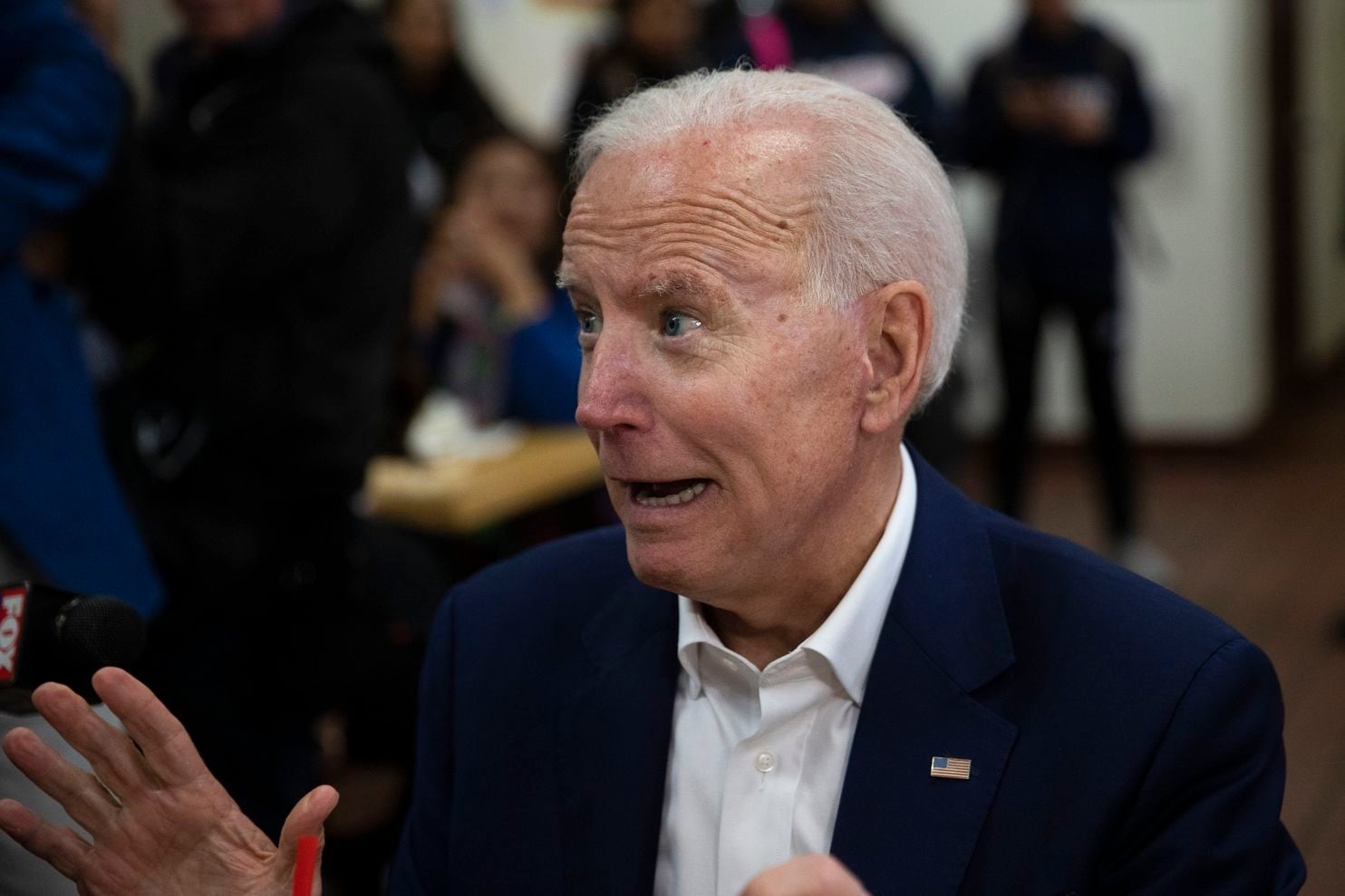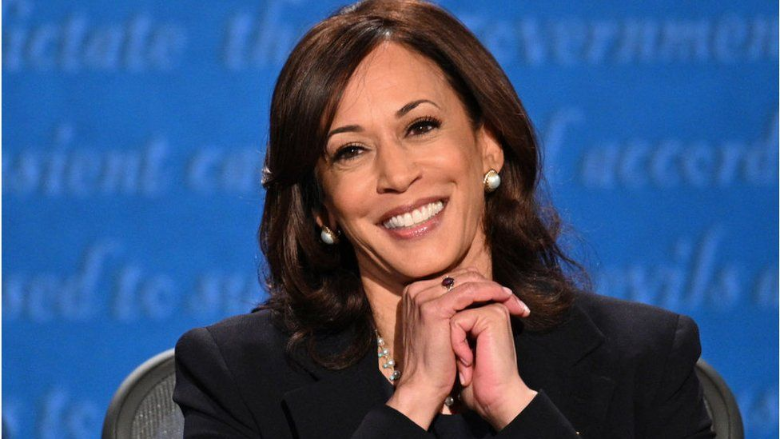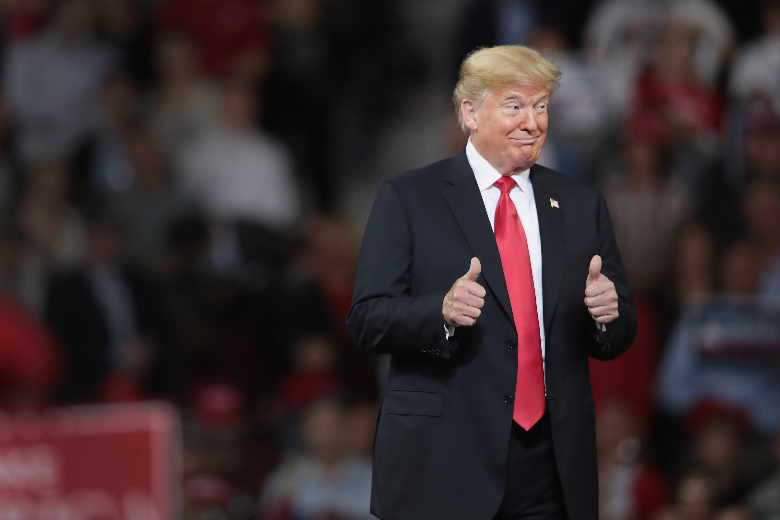A major political storm is brewing as a prominent watchdog group has vowed to release audio recordings of President Joe Biden discussing classified documents with his ghostwriter, Mark Zwonitzer. The tapes, linked to Special Counsel Robert Hur’s investigation into Biden’s handling of sensitive materials, have reignited debates about government transparency, executive privilege, and accountability.
The controversy began when Biden invoked executive privilege to shield the tapes, even though transcripts of the conversations had already been disclosed. Critics, including prominent Republicans, argue that this invocation is invalid and an attempt to conceal potentially damaging information.
Attorney General Merrick Garland added fuel to the fire by classifying the recordings as “Top Secret” and storing them in a Sensitive Compartmented Information Facility (SCIF). This move has only deepened public suspicion.
In response, the Oversight Project, a leading watchdog group, announced its intention to secure and release the recordings, claiming that the American public has a right to know what was said.
“Our team will get the audio tape of Joe Biden’s interview to you. This recording is yours. It belongs to you. You deserve to know,” the Oversight Project declared in a statement on X.
The tapes are tied to Special Counsel Robert Hur’s 345-page report, which examined Biden’s alleged mishandling of classified materials. According to the report, Biden “willfully retained” sensitive documents, including those classified at the SCIF level. Despite the findings, Hur decided not to press charges against Biden, a decision that has infuriated conservatives.
A particularly alarming detail in the report revealed that in 2017, Biden read classified materials aloud to Zwonitzer on at least three occasions, including details from Situation Room meetings. Legal experts argue that this act violated federal law, but Biden has faced no legal consequences.
Anchored In Oklahoma Podcast
The controversy escalated further when it emerged that Zwonitzer deleted digital audio files of his conversations with Biden after Hur was appointed as Special Counsel. Though the files were deleted before a subpoena was issued, forensic technicians managed to recover some recordings from an external hard drive labeled “Audio.”
Investigators noted significant discrepancies in the recovered audio:
- Portions of three files were missing.
- A fourth file contained sections overwritten with unrelated recordings.
Zwonitzer provided transcripts summarizing the conversations, which included two discussions with Joe Biden and two with Beau Biden’s doctor. Despite evidence of tampering, Zwonitzer has not been charged, a decision that conservatives view as a glaring double standard in the Justice Department’s treatment of politically sensitive cases.
The GOP has seized on the revelations, accusing Biden of gross negligence and misuse of executive privilege. Rep. Elise Stefanik (R-NY) claimed that one of the recordings captures Biden admitting, “I just found all the classified stuff downstairs,” an admission that has fueled calls for greater transparency.
The House Judiciary Committee also took action earlier this year, voting to hold Zwonitzer in contempt of Congress for refusing to comply with subpoenas related to the investigation.
The Oversight Project’s promise to release the audio tapes has added new urgency to the case. The group argues that withholding the recordings undermines public trust and accountability, especially given their relevance to national security and Biden’s handling of classified information.
Legal experts are divided on whether Biden’s invocation of executive privilege is legitimate, as the conversations occurred before his presidency and transcripts have already been disclosed. Critics argue that the privilege is being misused to suppress potentially damaging information.
The saga has also raised questions about the role of ghostwriters in accessing classified materials. Zwonitzer’s involvement in transcribing sensitive information read aloud by Biden has led to calls for stricter regulations on such interactions.
The controversy has significant political implications, as Biden faces mounting criticism for ethical lapses and a lack of transparency. The case could shape public perceptions heading into the next election cycle, especially as Republicans amplify their calls for accountability.
The Biden administration has remained silent on the matter, while Republicans continue to demand answers. If the Oversight Project succeeds in releasing the tapes, the recordings could shed light on Biden’s handling of classified materials and the Justice Department’s decision not to pursue charges.
As the public awaits further developments, the case underscores the importance of transparency in government, particularly when national security is at stake. Whether the tapes will live up to their explosive potential remains to be seen, but one thing is clear: the controversy is far from over.
With the Oversight Project’s determination and the political stakes higher than ever, the battle over Biden’s secret audio recordings is set to escalate, potentially revealing critical insights into one of the most contentious issues of his presidency



